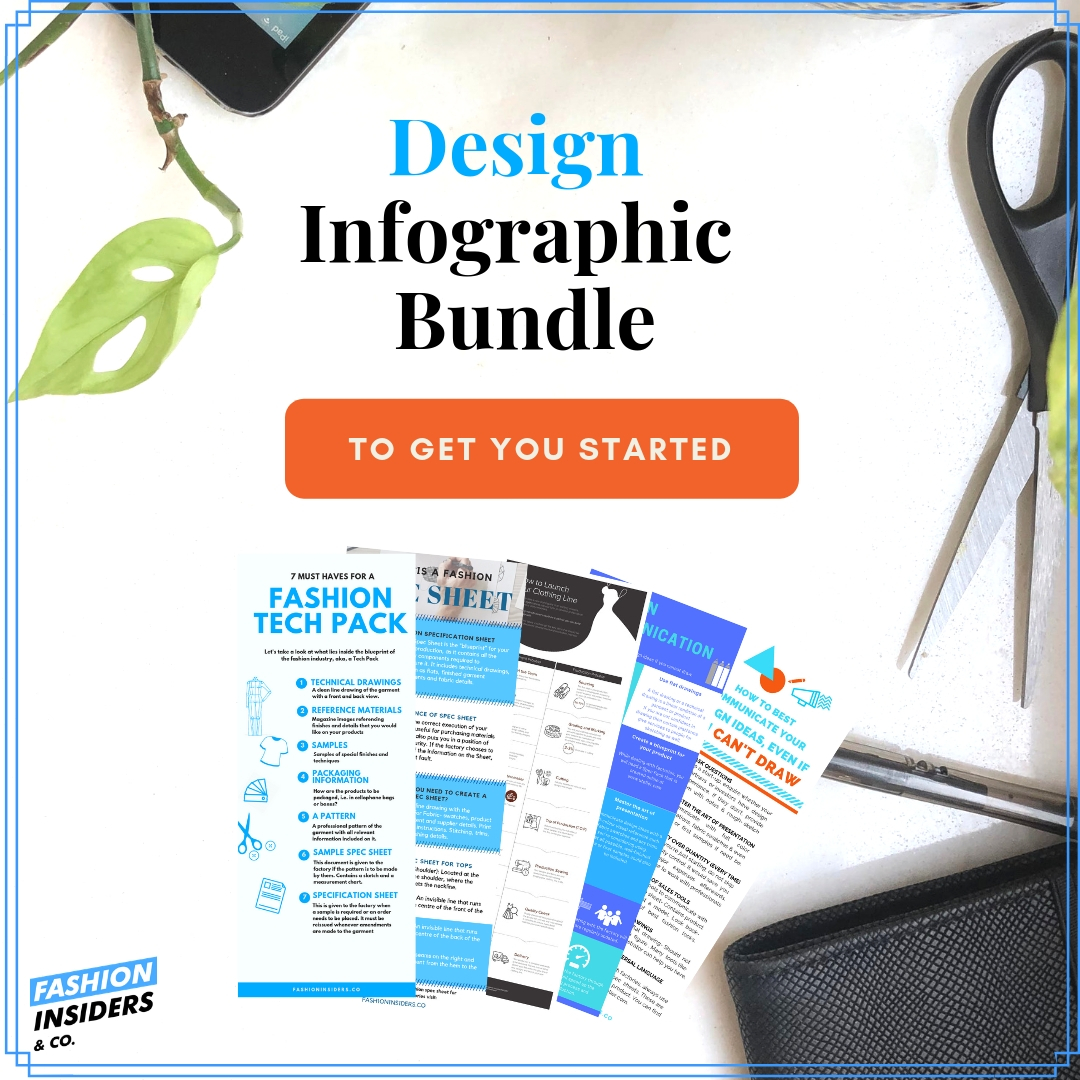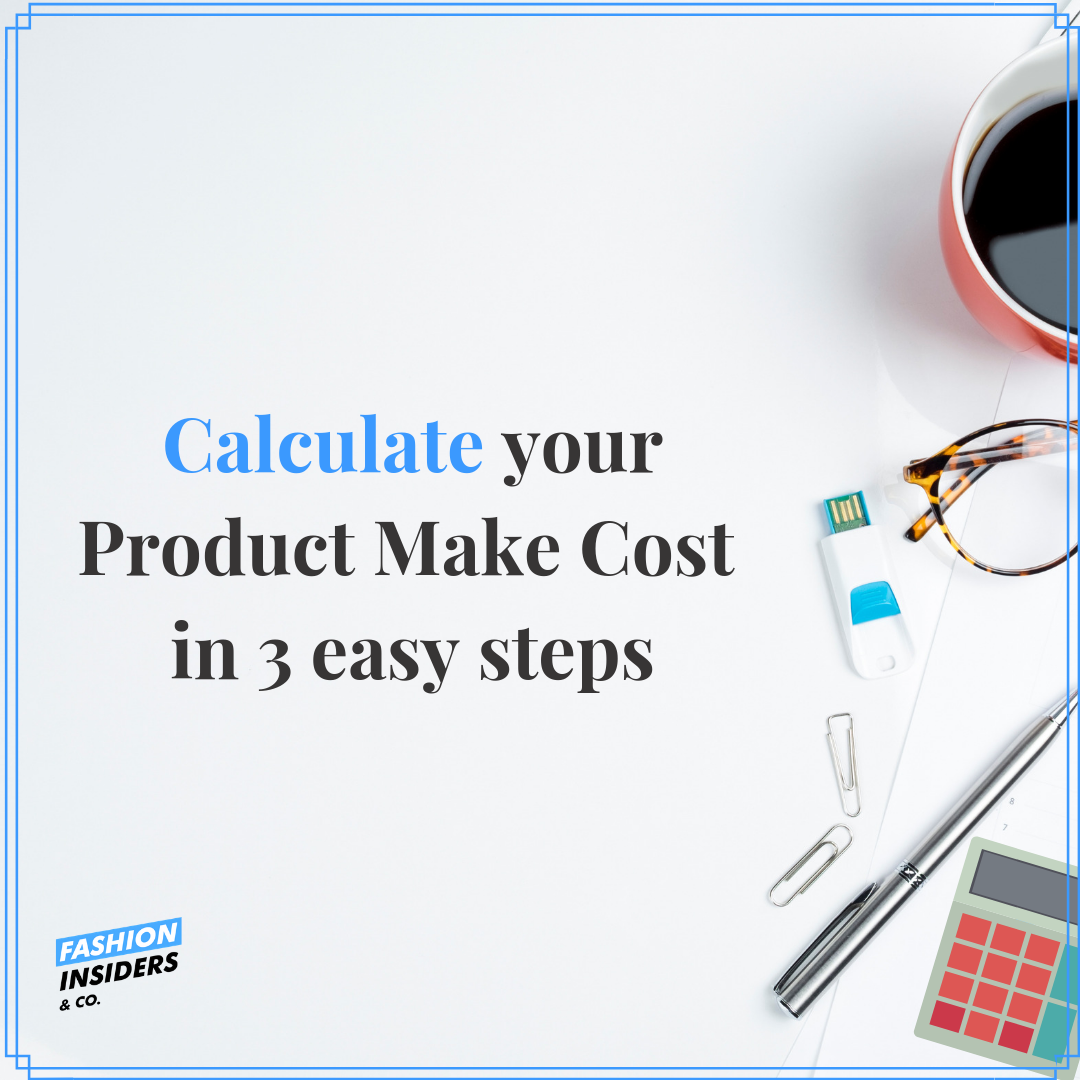Finding the right fashion manufacturer for your idea is not an easy task at the best of times. In fact, entering the world of manufacturing can be a heady mix of initial excitement followed by angst, unnecessary expense, and frustration.
Please don’t let that put you off.
By thoroughly researching the market you will find the right type of manufacturer. One that can do all they profess, for a fair price and the quality you are hoping for.
If you know nothing about how the industry works, read up on it via the Toolkit articles.
But in order to find THE ONE, you need to forget all you think you know and instead use your common sense and wise up. In fashion manufacturing, appearances can be deceptive.
What may look like an amazing factory and you may think “…how lucky to have found it” can bring your business down. And one that looks like small and not so “professional,” can be the best thing that happened to your business.
Let’s show you how to vet a factory and what to look for in order to make the right selection.
1. Never assume
As a start-up designer, it’s safe to say that your perception of how a factory operates or a manufacturer, may be naïve.
Perhaps the most important rule to always refer to and remember is to never assume anything. Do not assume that all manufacturers can do everything that they say they can.
Do not assume that all manufacturers can do everything that they say they can.
Do not assume that a sample you see is how the production will turn out to be.
Do not assume that they can meet your target price, execute to your standard, turn around your order on time…etc…etc.
It is always a good idea to investigate further and visit many potential factories.
Ask lots of questions, look at the work they are doing and observe how they deal with customers and problems.
2. Look for the specialists, not the generalists
With so many sectors within the fashion manufacturing industry such as coating, separates, sportswear, knitwear, and tailoring, to name a few; it’s important to select the right fashion manufacturer for your needs.
If you are producing small leather goods, for example, you wouldn’t necessarily find the right manufacturer if you were to search for a handbag maker.
The same applies to tailoring, separates and everything else.
Most factories specialise in the manufacture of certain products. Finding the right one for your set of specific needs can be a daunting experience.
You may often be told by the owner or factory representative that they can make everything. Drill down information by asking many and varied questions and find out what they are really good at making.
One way to find the right fashion manufacturer and to check what their speciality is, is to ask to see examples of the work they do most of. Ask who their clients are – past and present, and enquire or see the type of machinery they have most of.
3. Factory Appraisals
If you are new to the world of fashion manufacturing, visiting as many factories as you can humanly do, to begin with, is invaluable. With every visit, you will learn something new. No two factories are the same.
These visits will help you build a list of criteria in your mind that will help you with your future assessments and find the right fashion manufacturer.
Appraise factories based on their manufacturing processes, equipment, quality systems, and friendliness.
Ask if they have been audited and by whom. Many small factories are not audited and that is OK, as long as you are aware and your clients don’t insist on your products having been made in an audited factory.
Consider the bigger picture since there are many stages to the manufacturing process that you must be happy with before you commit.
When you visit factories, don’t be shy. This is your time to learn, observe and enquire.
4. Quality systems in place
It should be important to you that the factory has some quality control systems in place.
Ask to see some items that they have made for instance.
Secondly, enquire whether they have employees or external resources to check the product at key stages in its production. Does the factory have a quality assurance certificate? This will prove that they’re reaching certain standards.
If they don’t have a system in place, ensure that they’re open to you making visits to the factory, at key stages of the production process. This will enable you to leave with a good quality product.
5. Cleanliness
This speaks for itself – a dirty working environment can equate to a dirty product.
Clean and orderly factory floor suggests that there are organisational systems and standards in place. This, in turn, leads to staff being mindful of maintaining good standards throughout their work.
Further points of investigations can be asking about where their products are stored once made?
Notice how work-in-progress is treated. Does the factory use rails or shelves?
Do they use protective plastic covers to keep items in pristine condition until they’re shipped out?
Do the workers smoke while working and eat their lunch or snacks at the machines?
Whatever you notice is how your potential production will be treated. If these details matter to you and you don’t like what you see, then don’t place your order there.
6. Good selection of machinery
Ensure that the factory is able to deliver on the types of processes that your product identifies with. Enquire about the technology level of the prospective supplier by asking about their machines. What standard are the machines in; new or old?
If your products require special treatments such as washing or dyeing, do they have washing machines or dyeing facilities? Perhaps embroidery or printing has to be added to your products after stitching, so check that they can deliver.
If you are looking to make garments with stretch in the fabric – does the factory have the right machine to handle the stretch fabric. Oftentimes factories say they can do something, only later for the designer to find out that they don’t have the right machine.
So ask outright. If you don’t know in advance what is required to make your product – familiarise yourself before visiting factories.
Then ask questions, see the machines and examples of work.
7. Soft Skills
The fashion industry is a very personable industry.
Much of the problems and successes can be found in the human relationships between the designer and manufacturer.
Yet often – the soft skills are overlooked and don’t make the checklist. But they are very important and must work both ways.
Do you feel comfortable with the manager and find communication straightforward and relatively seamless?
How honest are they in regards to their business practices and dealings with you?
Spend some time at the factory to establish rapport and if you click with the factory manager, building a long-term relationship with them will be easier to navigate.
8. Know your product
Finding the right fashion manufacturer for your product also depends on you and how ready you are. You cannot and will not find the right maker if you are unprepared and not familiar enough with the industry, your design and business.
Try to be as well informed as possible about the manufacturing processes used to make your products. Your understanding of this necessity will enable you to gauge whether the factory knows what they’re talking about.
If you’re new to the industry, look at youtube videos and visit libraries and educate yourself on the machinations of your specific processes.
Your pattern cutter or product developer should also be able to help you with this.
If the manufacturer is sourcing something on your behalf, make sure that it meets your quality criteria before it is used.
9. Know your market
Finally, knowing your target market is paramount. This will inform your target price point and in turn, this will have an effect on your factory partner selection.
Finding the right fashion factory for your product requires you to have a strategy in place.
A small factory making small quantities for designers will not be the right choice if you want to mass produce at a lower price point and vice versa.
Asking a factory that makes cheaper products to meet high finishing standards won’t be a realistic approach either.
So, all in all, as you can see, finding and selecting the right fashion manufacturer can most certainly be a daunting experience.
And yet, if you begin the process early enough if you are clear on your needs and expectations and leave yourself plenty of time to visit factories and even sample with a few that made the short list – you will find the right manufacturing partner.
And remember – arm yourself with good common sense, networking skills and an open mind. These are the must-have qualities that will serve you well on your journey. And a journey you’ll have for sure.
Despite the many directories and contacts available online, an in-person visit will be the only sure way to get closer to finding THE ONE.



